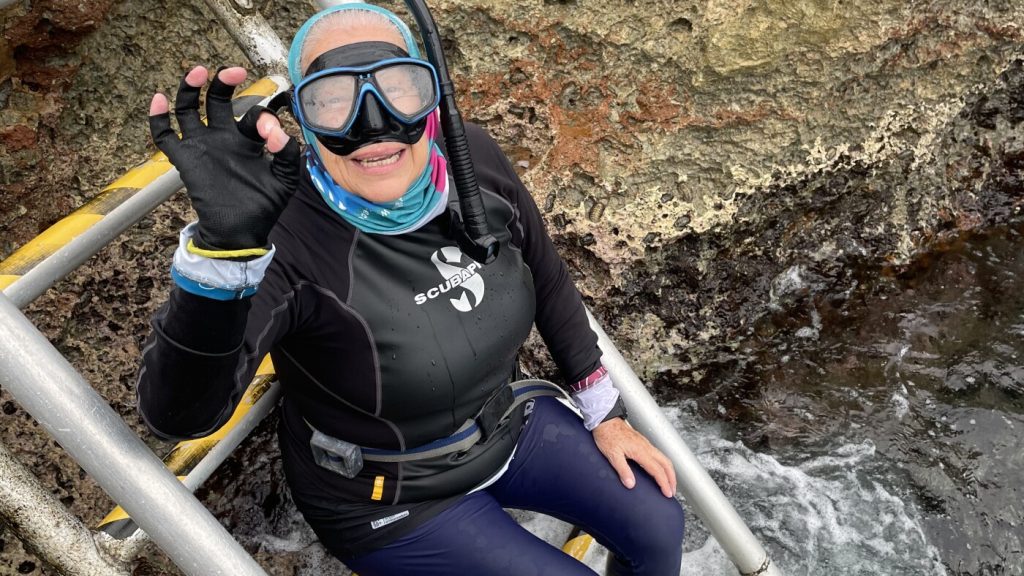Elvira Alvarado: The Mother of Coral Conservation
SAN ANDRÉS, Colombia — Almost 50 years after her diving journey began, marine biologist Elvira Alvarado recalls her first encounter with a vibrant coral reef off Colombia’s coast. “It was a living paradise, filled with bright colors and diverse fish,” she reflects. “It was astonishing.”
At the age of 70, Alvarado remains actively engaged in research and education, committed to rescuing Colombia’s endangered coral reefs through in-vitro fertilization techniques. Her dedication has earned her the title “the mother of Colombian corals.”
Coral reefs serve as crucial ecosystems, offering food, shelter, and breeding grounds for approximately 4,000 fish species, while also protecting shorelines and boosting tourism. Unfortunately, issues such as diseases, pollution, and climate change have caused the loss of over half of the Caribbean’s coral since the 1970s.
Having witnessed the reefs’ decline firsthand, Alvarado describes the heart-wrenching sight of dying corals. “I observed them bleaching, losing their color, and ultimately, their lives,” she laments. In response, she and her small team are working diligently in San Andrés, utilizing IVF methods to assist coral reproduction.
Innovative Techniques for Coral Restoration
This pioneering method, initialized by Australian scientist Peter Harrison, involves collecting coral eggs and sperm in a lab setting before replanting them onto existing reefs. Alvarado has become a prominent advocate for this approach in Colombia.
While acknowledging the challenges posed by climate change and diseases like Stony Coral Tissue Loss Disease, Alvarado remains hopeful. “We cannot halt these destructive forces, but we can replace the corals that are disappearing,” she explains.
Passion and Legacy
Alvarado’s fascination with the ocean began as a child in the U.S., inspired by shows that featured marine life. She returned to Colombia in the 1960s, becoming one of its first female marine biologists focused on coral restoration. During her career, she even met the renowned oceanographer Jacques Cousteau.
Throughout her journey, Alvarado has trained many young marine biologists, predominantly women, who look up to her. “She’s a truly inspiring figure,” shares María Fernanda Maya, head of the Blue Indigo Foundation. Alvarado’s legacy is one of resilience and hope, ensuring that her work in coral conservation continues beyond her own lifetime.



